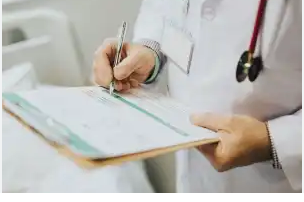When every second counts, communication between medical professionals and patients is essential to providing the best care and saving lives. From the initial call to the patient’s discharge, a consistent and effective exchange of information is critical to the successful treatment of an emergency. Through this, Dr. Philip Sobash believes that the life-saving power of communication in emergency medicine is undeniable.
How Communication Helps to Save Lives in Emergency Medicine
Communication is the cornerstone of effective and efficient medical care and is even more important in emergency medicine. Timely and reliable communication between medical professionals, patients, and their families can be the difference between life and death.
The importance of communication does not end when the patient arrives at the hospital. Once the patient is admitted, the medical team must be able to effectively communicate with the patient and their family to provide the best care. The medical team must also be able to quickly identify any problems that may arise and act accordingly.
The Role of Communication in Patient Safety
Communication is also essential to ensure patient safety. In an emergency, medical professionals must be able to quickly and accurately assess a patient’s condition to provide the best care. This requires clear and concise communication between the medical team, the patient, and their family.
The medical team must also be able to communicate any changes in the patient’s condition to the patient and their family. This can be difficult in an emergency, as the medical team is often working at a very fast pace. However, it is essential to ensure that the patient is receiving the best care and that their safety is being taken into consideration.
The Role of Communication in Post-Emergency Care
Lastly, communication is also highly essential in post-emergency care. After a patient has been treated and discharged, the medical team must be able to communicate any follow-up care or other treatments Dr. Philip Sobash to the patient and their family. This ensures that the patient is receiving the best care and that their safety is being taken into consideration.
